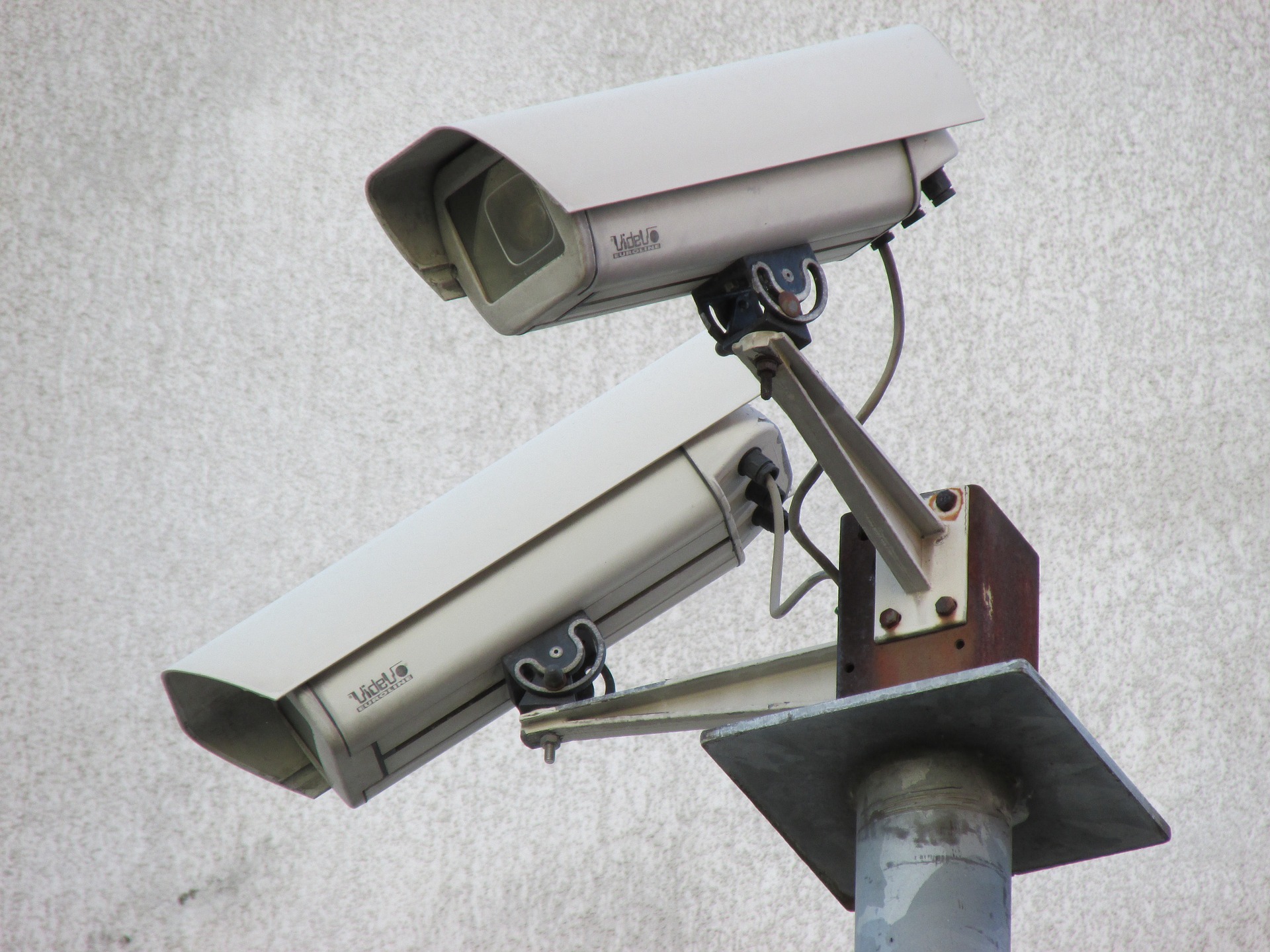Views expressed in opinion columns are the author’s own.
I haven’t been able to stop thinking about an exchange in Hamlet, where Hamlet, Rosencrantz and Guildenstern discuss the idea of the world being a prison: “a goodly one; in which there are many confines, wards and dungeons.” A prison, perhaps like the one philosopher Jeremy Bentham imagined: a circular building, with a central watchtower that shines a bright light into the cells that surround it. The effect is that the guards in the watchtower can see without being seen, and the prisoners are forced to believe that they are always being watched.
We’ve increasingly moved toward the panopticon, from the Greek for “all-seeing,” today. It’s encroached far outside of its original purpose of incarceration. For many minorities in the U.S., it’s been the norm, with their civil liberties being infringed upon, even more so since the passage of the Patriot Act. In 2013, NSA whistleblower Edward Snowden released documents that showed the government had a policy amounting to “collect it all” when it came to everyone’s data.
It’s not just the public sector, though. Amazon’s Alexa is listening in 24/7 in millions of homes around the country, and its Ring doorbell is probably providing some creepy downloads for law enforcement officers. Biometric recognition tech is embedded in college campuses, music festivals and retail stores. Even at the University of Maryland, you have to hand-swipe into the dining halls. Companies buy your email data, want to know what websites you browse and monitor you when you work. We got so used to it that there were even jokes about everyone having a FBI agent constantly watching their phones. And there’s a beautiful poem published in The New York Times about having such an intimate relationship with the panopticon.
The central watchtower? The government and corporations. The prisoner is you. That bright light is shining on data about your whole life: your purchases, your face, your student loan debt, your location, your fun dance challenge videos.
Well, not quite yet. We haven’t crossed into full 1984 territory, with telescreens and all, since you still (technically) have to opt in to most of these forms of surveillance. We’re almost fully inside that prison of Bentham’s design, just waiting for one last event to push us inside without hope of escaping. Coronavirus might just be it.
Do you remember those college students who went on spring break in Florida just a few weeks ago? And how everyone said they were stupid for not following any of the recommended guidance about flattening the curve? Some of them may have been tracked, using their phone data, to see just how far they spread out from a beach in Fort Lauderdale. This kind of location-based digital contact tracing was used by officials in China and Israel to help stop the spread of the coronavirus, and it’s being looked into by Facebook and Google — which together have data on millions — for wider use in the U.S.
That’s for public health, you say. But when does that stop being a valid excuse for broad overreaches into the last relics of our privacy? Is it when Amazon says they’ll fire employees for not social distancing — because, you know, they could track them around the warehouse floor — while not actually providing them with the cleaning and sanitation supplies they need? When Jared Kushner, who has so far proved to be a colossal failure as the coronavirus supply czar, wants to create a coronavirus health database? When drones fly around public spaces and tell people to remember the rules?
All these examples don’t even count how surveillance has reached into our homes, with the help of tech like Zoom, ProctorU, Sneek and “home monitoring innovations.” Work, school and home are all more monitored than ever before, and now there’s no way to escape such intrusions when they’re necessary to functioning in the face of the coronavirus.
The effects of Bentham’s designed prison intruding into every aspect of our society are dire, such that we may change how we act based on the very real perception that we are always being watched and that there’s no choice in the matter. This change in behavior creates “indefinite discipline” as philosopher Michel Foucault described, leading those being watched to adopt and internalize norms handed down from authority. That means control is more easily accepted. In this day and age, with fascism and other authoritative systems on the rise once more, that’s unacceptable. Such measures of surveillance must be temporary, if they have to exist at all, with an eye for discretion and a clear sunset. It’s for that reason — our privacy, our rights and our very lives — that we can’t allow the coronavirus to push us further into the prison of the panopticon.
Serena Saunders is a senior public policy major and a graduate student in public policy. She can be reached at serena@sersaun.com.



